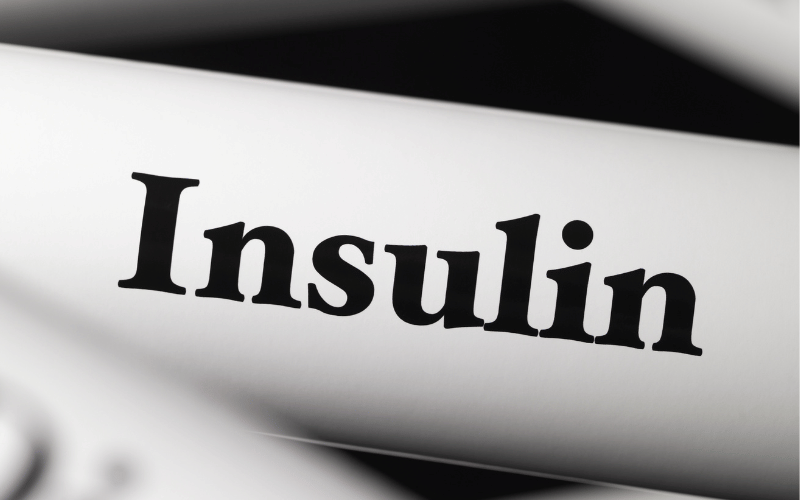Cause 10: Insulin Overproduction
Insulin, often associated with its role in blood sugar regulation, is a hormone with far-reaching effects beyond glucose control. Among its many functions, insulin also plays a significant role in maintaining the balance of potassium in the body. However, when there is an excess of insulin production or activity, it can lead to disturbances in potassium levels, paving the way for Hypokalemia.
Insulin acts as a key player in glucose metabolism by facilitating the uptake of glucose from the bloodstream into cells. But it also has an impact on the movement of potassium. When insulin levels are elevated, it promotes the uptake of potassium into cells, lowering its concentration in the bloodstream.
This process is normally well-regulated and necessary for maintaining the delicate balance of potassium. However, in conditions such as hyperinsulinism or insulinomas (insulin-producing tumors), there can be an overproduction or hyperactivity of insulin. This excessive insulin signaling can cause an excessive shift of potassium from the bloodstream into the cells, leading to Hypokalemia.(*)
